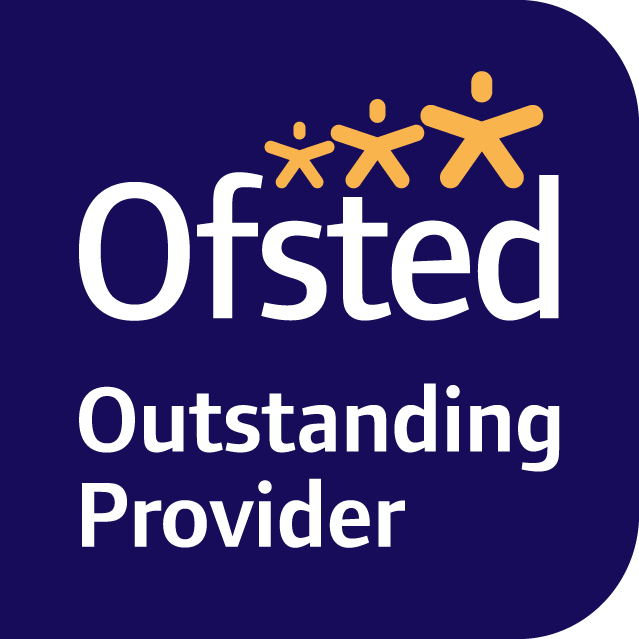Ofsted Report 
School report
Until November 2020, the school was exempt from routine inspection because it was judged as outstanding for overall effectiveness at its previous inspection under section 5 of the Education Act 2005. The school has not been inspected under section 5 of the Act since June 2015. Since September 2024, schools have not been awarded an overall effectiveness grade.
|
School details |
|
|
Unique reference number |
119257 |
|
Local authority |
Lancashire |
|
Inspection number |
10348146 |
|
Type of school |
Primary |
|
School category |
Community |
|
Age range of pupils |
4 to 11 |
|
Gender of pupils |
Mixed |
|
Number of pupils on the school roll |
423 |
|
Appropriate authority |
The governing body |
|
Chair of governing body |
Anisa Bibi |
|
Headteacher |
Lisa Davison |
|
Website |
|
|
Dates of previous inspection |
17 and 18 June 2015, under section 5 of the Education Act 2005 |
|
Information about this school |
|
|
|
|
Information about this inspection |
|
|
The inspectors carried out this graded inspection under section 5 of the Education Act 2005. During a graded inspection, we grade the school for each of our key judgements (quality of education; behaviour and attitudes; personal development; and leadership and management) and for any relevant provision judgement (early years and/or sixth form provision). Schools receiving a graded inspection from September 2024 will not be given an overall effectiveness grade. |
|
|
|
|
Inspection team |
|
|
Jen Sloan, lead inspector |
His Majesty’s Inspector |
|
Debbie Withey |
Ofsted Inspector |
|
Karen Morris |
Ofsted Inspector |
|
The Office for Standards in Education, Children’s Services and Skills (Ofsted) regulates and inspects to achieve excellence in the care of children and young people, and in education and skills for learners of all ages. It regulates and inspects childcare and children’s social care, and inspects the Children and Family Court Advisory and Support Service (Cafcass), schools, colleges, initial teacher training, further education and skills, adult and community learning, and education and training in prisons and other secure establishments. It assesses council children’s services, and inspects services for children looked after, safeguarding and child protection.
If you would like a copy of this document in a different format, such as large print or Braille, please telephone 0300 123 1231, or email enquiries@ofsted.gov.uk.
You may reuse this information (not including logos) free of charge in any format or medium, under the terms of the Open Government Licence. To view this licence, visit www.nationalarchives.gov.uk/doc/open- government-licence/, write to the Information Policy Team, The National Archives, Kew, London TW9 4DU, or email: psi@nationalarchives.gsi.gov.uk.
This publication is available at http://reports.ofsted.gov.uk/.
Interested in our work? You can subscribe to our monthly newsletter for more information and updates: http://eepurl.com/iTrDn.
Piccadilly Gate Store Street Manchester M1 2WD |
|
T: 0300 123 1231 Textphone: 0161 618 8524
© Crown copyright 2025 |



